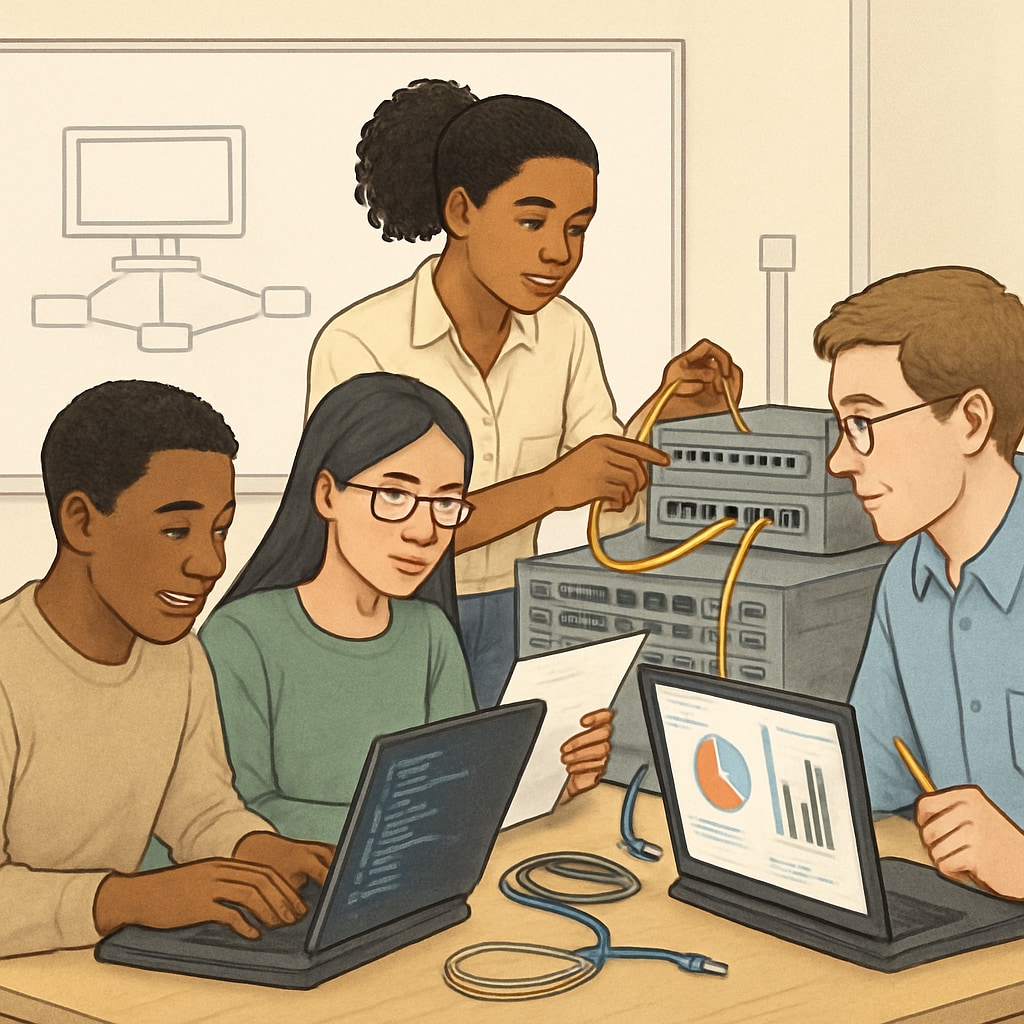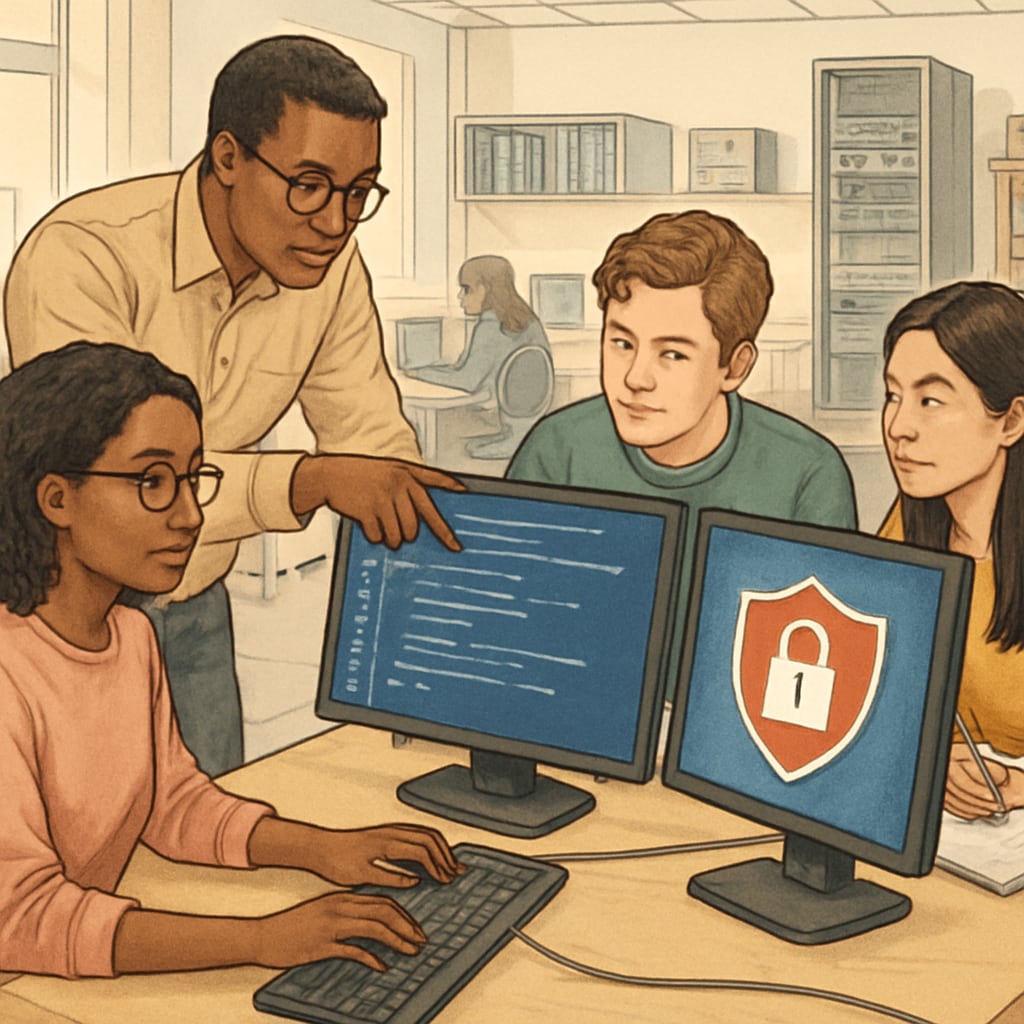Starting college as an 18-year-old freshman is an exciting milestone, but it often comes with challenges, especially when choosing a major in the IT and technology field. With numerous options available, students may feel overwhelmed when deciding on a path that aligns with their interests, skills, and future career goals. From cybersecurity to programming and electrical instrumentation to occupational safety, this guide explores various specialties to help freshmen make informed decisions about their career trajectory.
Understanding Popular IT and Technology Fields
The IT and technology domain is vast, offering diverse career opportunities. To make the right choice, it’s crucial to understand the characteristics and prospects of key fields:
- Cybersecurity: A rapidly growing field focused on protecting digital assets and networks from cyber threats. Careers in cybersecurity include roles like security analysts, ethical hackers, and incident responders.
- Programming: The backbone of software development, programming involves writing code to create applications, websites, and systems. Specializations include web development, mobile app development, and game programming.
- Electrical Instrumentation: This area combines engineering and technology, focusing on designing and maintaining instruments used in industries like manufacturing and energy.
- Occupational Safety and Health: A niche field that intersects technology and workplace safety, ensuring environments comply with regulations and minimize hazards.

Factors to Consider When Choosing Your Major
While the possibilities are exciting, career choices should resonate with your personal interests and aptitudes. Consider the following factors:
- Skill Set: Reflect on your strengths. Are you detail-oriented? Analytical? Creative? For example, cybersecurity demands sharp problem-solving skills, while programming requires logical thinking.
- Industry Demand: Research the job market. Cybersecurity and programming are in high demand, offering lucrative salaries and job stability.
- Academic Interest: Choose a subject that excites you. If you enjoy math and science, electrical instrumentation might be appealing, whereas creative minds often thrive in programming.
- Future Trends: Consider emerging technologies like artificial intelligence, cloud computing, and green energy that influence career opportunities.
For more insights on industry demand, visit trusted sources like U.S. Bureau of Labor Statistics for IT job outlooks and Cisco’s cybersecurity overview.
Exploring Career Paths Through Internships and Projects
One of the most effective ways to clarify your career choice is through hands-on experience. Many universities offer internships and project-based learning opportunities that allow students to test their skills in real-world scenarios. For example:
- Cybersecurity Labs: Participate in simulations where you defend against cyber-attacks.
- Programming Challenges: Solve coding puzzles or create small applications.
- Field Experience: Work with professionals in electrical instrumentation or occupational safety to understand the practical applications of your studies.
Experiential learning not only builds confidence but also helps you understand whether a particular field truly aligns with your aspirations.

Making an Informed Decision
As a college freshman, it’s natural to feel uncertain about your major. However, by researching fields, assessing your interests, and gaining practical exposure, you can make a confident choice. Remember that flexibility is key—many IT careers allow for specialization later, giving you room to adapt as your skills and interests evolve.
Ultimately, the IT and technology sector offers a promising future filled with innovation and opportunity. Whether you choose cybersecurity, programming, electrical instrumentation, or occupational safety, each path holds the potential to shape a fulfilling career. Take the time to explore, experiment, and discover your passion as you embark on this exciting journey.
Readability guidance: Use short paragraphs and lists for clarity. Incorporate transitions like “however,” “in addition,” and “for example” to improve flow. Keep sentence length and passive voice within recommended limits for readability.


